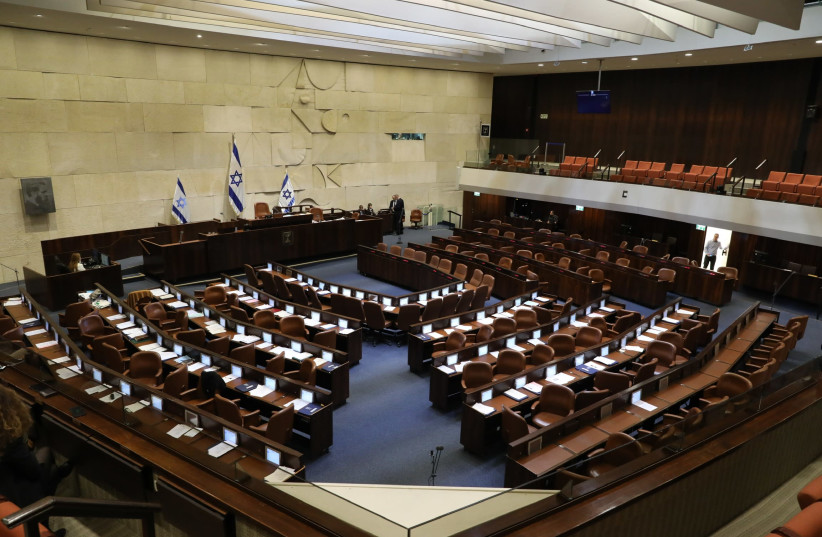Gaps in gender equality in Israeli society – such as in the fields of employment, security, health, housing and infrastructure, education and more – persist, even though they have improved in recent years, according to new data from Israel’s Central Bureau of Statistics (CBS) published on Tuesday.
The report, which analyzed 59 gender-related indicators regarding quality of life, found that just 17 of the 59 factors analyzed were equal for male and female Israelis – a decrease from 21 in 2020. Meanwhile, 23 of the indicators examined favored males, whereas 19 favored females.
What gender gaps did the report find?
The findings show that Israeli men have an upper hand over their female counterparts in the sectors of economic security and civic involvement, while females had the edge in education and personal security. Both sexes achieved equality in housing and health, according to the report.
Economically, the situation in Israel continues to favor males, though the rate of male employment compared to women has fallen to 10% more in 2021 from 20% more in 2002. Further, females are less likely to fall into the category of long-term unemployment – 22% less likely, compared to just 9% in 2020. The employment rate of men in the IT field is 49% higher than that of women, and the rate of men using online government services is 8% higher than that of women.
Regarding security, females in Israel were less likely to fall victim to violent crimes or serious traffic accidents. However, females were more likely to feel unsafe alone during late hours and were 71% more likely than men to be sexually abused.

While 2020 saw Israel achieve equality in the area of civic involvement and governance, the findings from 2021 saw the indicators shift in favor of males. Males were 8% more likely to believe they could influence government policy and showed more trust in the government and judicial system than females did.
As far as education, women were a staggering 49% more likely than men to achieve a high school diploma or higher education certificate. While women were generally more educated than men, men were more likely to achieve a high-level degree in mathematics.
Where did Israelis find equality?
While males and females had advantages and disadvantages in specific sectors of Israeli society, the CBS report outlined that there was equality between males and females in regard to health, housing and material standard of living. Women had a higher life expectancy and were also less likely to develop cancer or depression.
